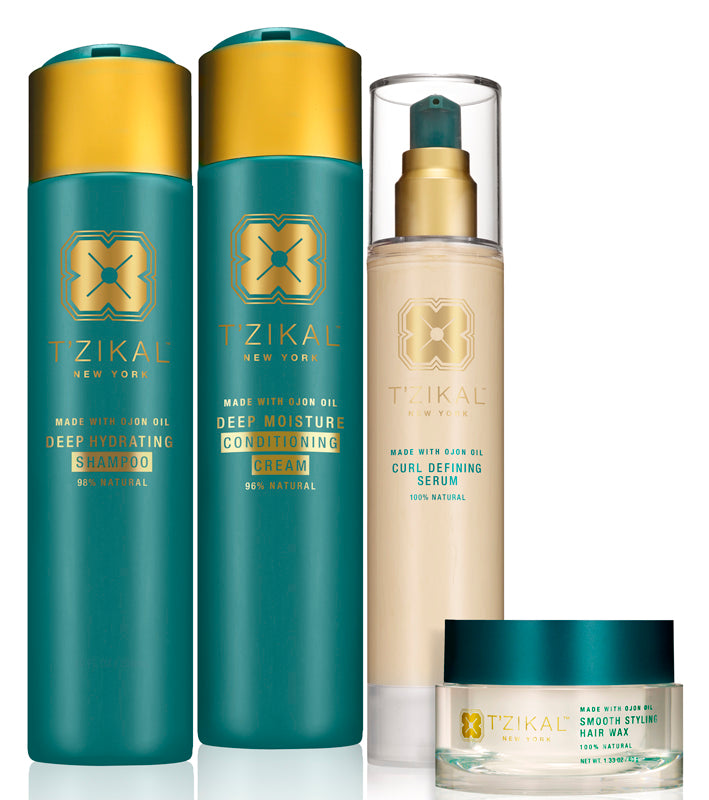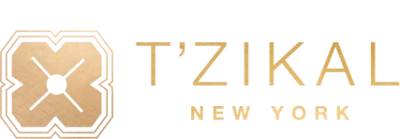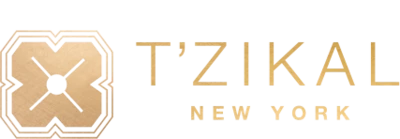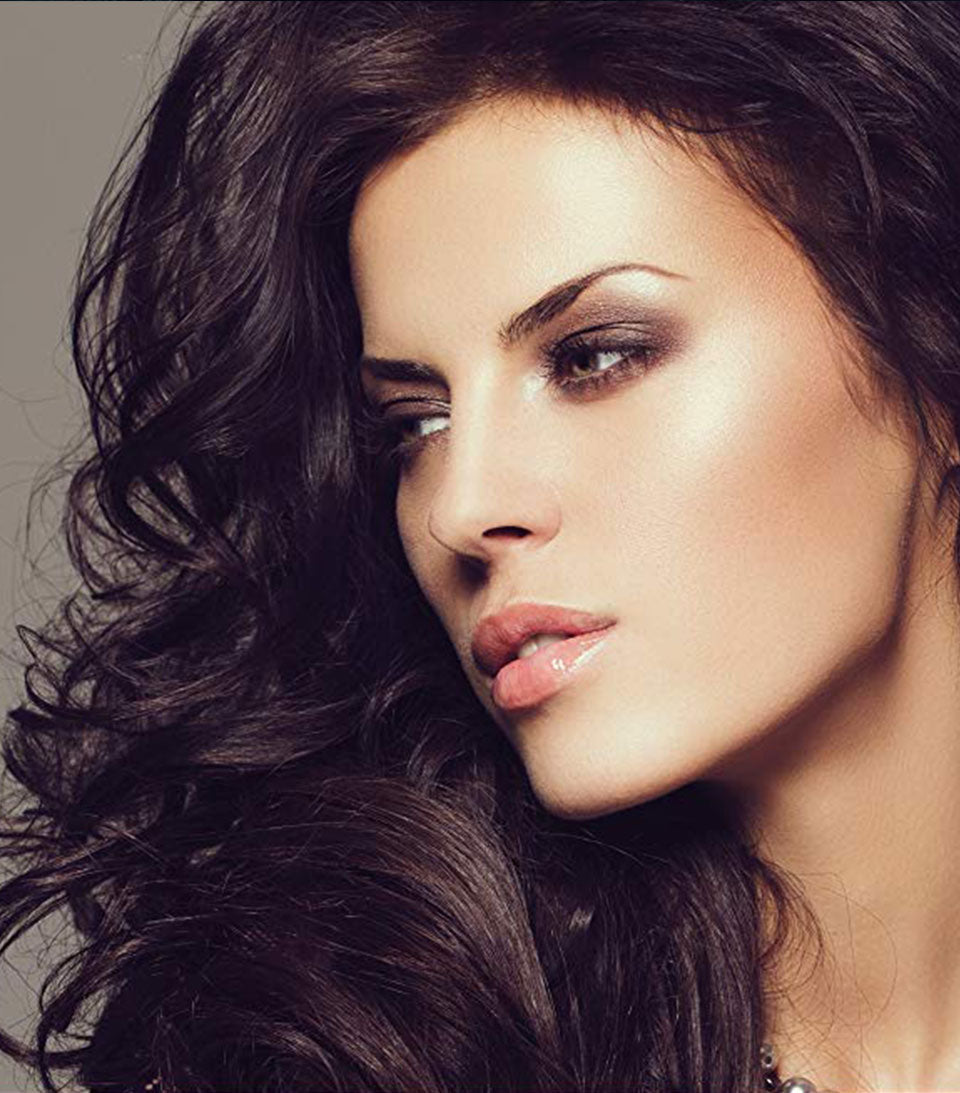Sicka Than Average
- April 19, 2016 Celia San Miguel,Beauty, Hair Care
From Honduras With Love — Get To Know The T’zikal Haircare Collection

Inspired by Mesoamerican beauty rituals dating back to 2600 BC — when the Maya civilization began to take form in Mexico, Guatemala, Honduras, and Belize — haircare brand T’zikal offers products that incorporate simple, natural, undiluted ingredients that hearken back to ancient times and honor tradition. Ojon oil, long used by Maya women to attain healthy and shiny strands, is at the heart of the T’zikal product formulations. The oil has been revered by many indigenous civilizations that succeeded the Mayans — particularly the Miskito people of Honduras, who are often referred to as Tawire or “the people with the beautiful hair.” For centuries, they have extracted the precious substance from the nuts of the American palm tree or, as they called it, the “ojon” tree (scientific name: Elaeis oleifera), cracking the nuts open, boiling them in a kettle for 5 to 7 hours, then gathering the oil as it seeped out — all in order to apply it to their skin and hair.
If you’re familiar with ojon oil, it’s likely because of the success of the Ojon haircare brand, part of the Estée Lauder family since 2007. Launched in 2003 by Canadian entrepreneur Denis Simioni, Ojon effectively introduced global beauty consumers to the reparative powers of this nut-extracted oil. Simioni’s “discovery” of ojon oil was a fortunate accident: his Honduran mother-in-law left behind a baby jar filled with the substance during a visit and, curious about its alleged healing powers, his wife decided to give it a whirl. Their amazement over the results prompted further investigation, including trips to the rainforest where these palm trees are most abundant. The brand debuted on QVC in 2003 with the Ojon Restorative Hair Treatment anchoring the collection, and it has only grown and expanded since then.
Given Ojon’s popularity, one would assume more haircare products would integrate ojon oil into their own formulations. After all, buzzy ingredients emerge every few months, fueling a wave of new product launches — just think about the açai fad, the argan oil phenomenon, the coconut water movement, and now the quinoa fever (a health food turned beauty craze). And yet, to date, it’s quite difficult to find haircare products outside of the Ojon line that incorporate this precious ingredient.
Enter T’zikal (pronounced tee-zee-cal), which strives to pay homage to ancient Honduran beauty traditions and which works with indigenous communities in order source ojon oil in a socially and environmentally friendly manner.
For quite a few weeks, I’ve been testing out two of the brand’s key offerings: the T’zikal Deep Moisture Shampoo ($10 for 2.5 oz and $32 for 10 oz. at Tzikal.com) and T’zikal Deep Moisture Conditioning Cream ($12 for 2.5 oz. and $34 for 10 oz. at Tzikal.com). Both products are paraben-free, SLS-free, and contain no artificial fragrances, colors, or dyes.
So what’s been my experience? Well, the T’zikal Deep Moisture Conditioning Cream has done wonders for my strands — it’s deliciously nourishing, it softens strands without weighing them down, and it makes my color-treated and often-damaged hair more manageable. It also leaves my hair smelling like the rainforest, an aroma I really appreciate. On a sensory level, I really enjoy applying the conditioner to my hair since I can literally feel my mane soaking up the moisture, the strands expanding slightly as they do so and virtually springing back to life.
I also like how the aromas of the various natural ingredients unfold as you massage the conditioner onto your hair: the soothing aroma of lavender oil, the slightly bitter greenness of olive oil, the fresh and spicy scent of celery seed oil, the sweetness of coconut oil, and so on. It’s an earthy aroma, but one that combines grassy, nutty, spicy, fruity, and bitter notes in such a way as to make you feel like you’re journeying through an actual forest. The subtleness of the overall olfactory experience can likely be attributed to the inclusion of Ho Wood oil, which has a 95% concentration of linalool, a colorless liquid with a sweet, woody quality scent somewhat similar to that of rosewood oil.
All of the ingredients noted above are known to nourish and condition strands (particularly olive oil, lavender oil, and coconut oil). More peculiar ingredients include celery seed oil, which is said to moisturize hair and stimulate hair growth; Indian gooseberry (or “amla”) extract, which is rich in vitamin C (an important ingredient given that a vitamin C deficiency has been linked to a greater incidence of hair breakage) and antioxidants said to promote blood circulation along the scalp, thereby stimulating hair growth, and to strengthen hair fibers, lessening the odds of split ends and other distress; and black oat extract, which softens hair and boosts shine.
The T’zikal Deep Conditioner, then, is simply spectacular — to the point where I squeezed the tube until I had extracted every last bit of product.
My experience with the T’zikal Deep Moisture Shampoo wasn’t quite as triumphant. I did appreciate that the shampoo cleansed my hair gently and that it didn’t contain any harsh detergents, but the problem was that it wasn’t moisturizing enough for my relatively fine hair which, again, is color-treated within an inch of its life. Like almost every shampoo I try out, I found that it was difficult to really massage the product into my hair because my strands would become tangled, making it nearly impossible for my fingers to weave in and out of a knotted web. Nearly every time, I wound up having to rinse my hair while it remained a tangled mess, then reach for the conditioner in hopes that it would help to loosen up those knots (which it thankfully did).
Again, the shampoo (which also contains ojon oil, lavender oil, and celery seed oil) didn’t dehydrate my strands or strip them of any nutrients (in fact, it contains hydrolyzed corn, soy, and wheat proteins meant to fortify strands), nor did it dull my hair color in any way. My only complaint is that it was just not as moisturizing as I’d hoped. My guess is that women with medium to thick hair will fare better with this particular product since their hair is less likely to get tangled but, if you have fine to normal hair that’s wavy and tangle-prone, consider adding a drop of oil to the shampoo or starting with a pre-wash treatment. Otherwise, prepare to use almost twice as much conditioner as you do shampoo during each wash.
Which brings me to another question, one not specific to T’zikal: when will companies marketing moisturizing shampoos and conditioners finally realize that the conditioner bottles need to be bigger than the shampoo ones? Sure, women without dehydrated strands might need less conditioner, but if you know your target audience has parched hair, it’s only logical to offer a larger-sized conditioner bottle, right?


